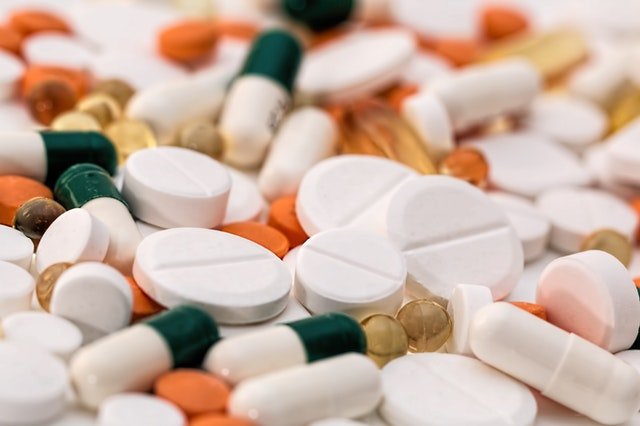I know, I know. Technically speaking, there's already plenty of "open source" drug creation happening. I set myself up for that one, really.
But that's just recreational drugs.
But what about drugs that people actually need to survive?
Let's start with analogies happening in other industries. Here's one relevant to people on this platform: social media networks. Given how much power social media networks have, why is it they seem to care, if only just a little, what people think?
Part of the reason might be because they're incredibly threatened by social networks like those built on Hive. If you have any doubts about this, just take a look at Facebook's attempt at a cryptocurrency offering, Libra, and their attempt to pivot to VR (a place where crypto isn't yet going strong).
Here's another example. For those of us old enough to remember, Windows at one point tried to sell video viewing software as well as individual codecs for mp4 and avi videos on top of charging for its OS software. Enter VLC, a free video playing software suite that did all the things Windows Media Player better for free. Windows then had pressure to behave, and mostly it released the software for free (with some exceptions).
Most people think of open-source as an alternative to main-stream, for-profit solutions. But open-source has another, just as critical function: it keeps the institutions offering those solutions honest.
Right now, most open source solutions are software based. But the advent of 3d printing seems to have drawn first blood on the open-source revolution entering the physical realm.
It may seem like a tall order to manipulate chemicals on a molecular scale in your home, but remember that just 20 years ago 3d printing in your home was similarly ridiculous.
There are only 25 elements in the human body (with other trace elements). Almost all drugs are different configurations of these chemicals. So the main issue isn't in the acquisition of these elements - they're abundant everywhere (they have to be so that we can ingest them).
That means that the main issue is one of figuring out how to accurately configure them. It's a chemistry, energy, and, most importantly, software problem.
A software problem is precisely what the open-source community is all about.
However, I confess that there are still many, many issues to solve before this can become a reality. Mainly, many industrial processes will need to be brought to the open-source realm before this can take form.
Since pharmaceutical companies donate so much to Congress, a legal or legislative solution to our wreck of a healthcare system is unlikely to happen anytime soon.
Does all this sound radical, or like some far off future? What if I told you, it's already started?
Any ideas on next steps?
